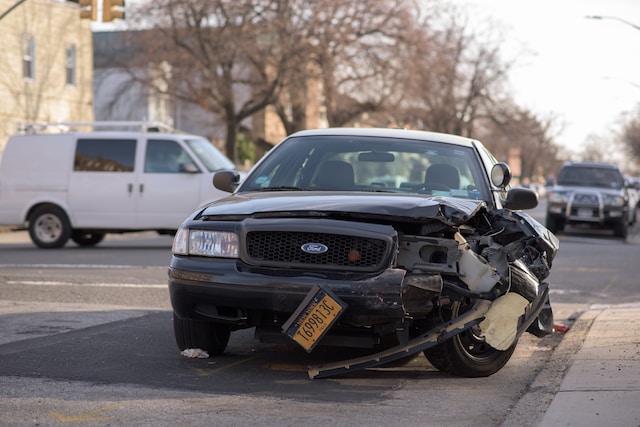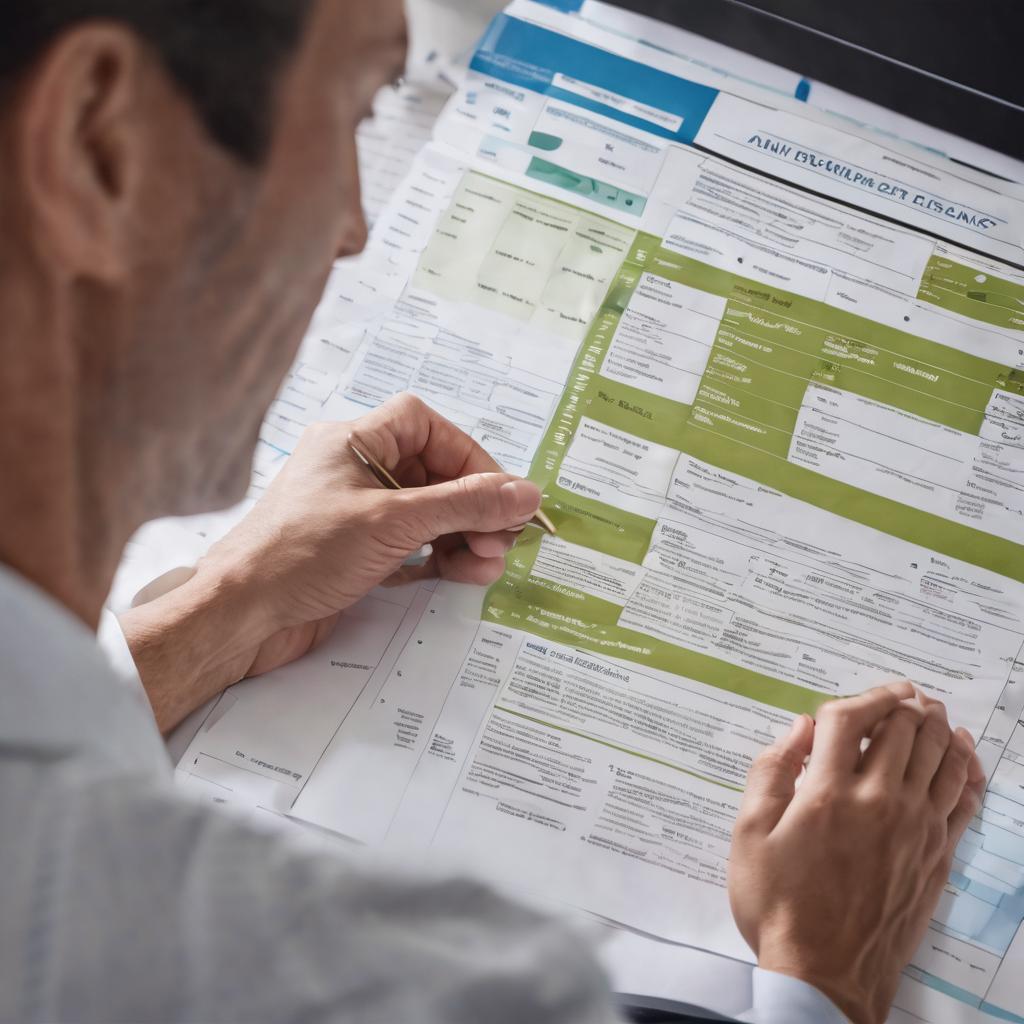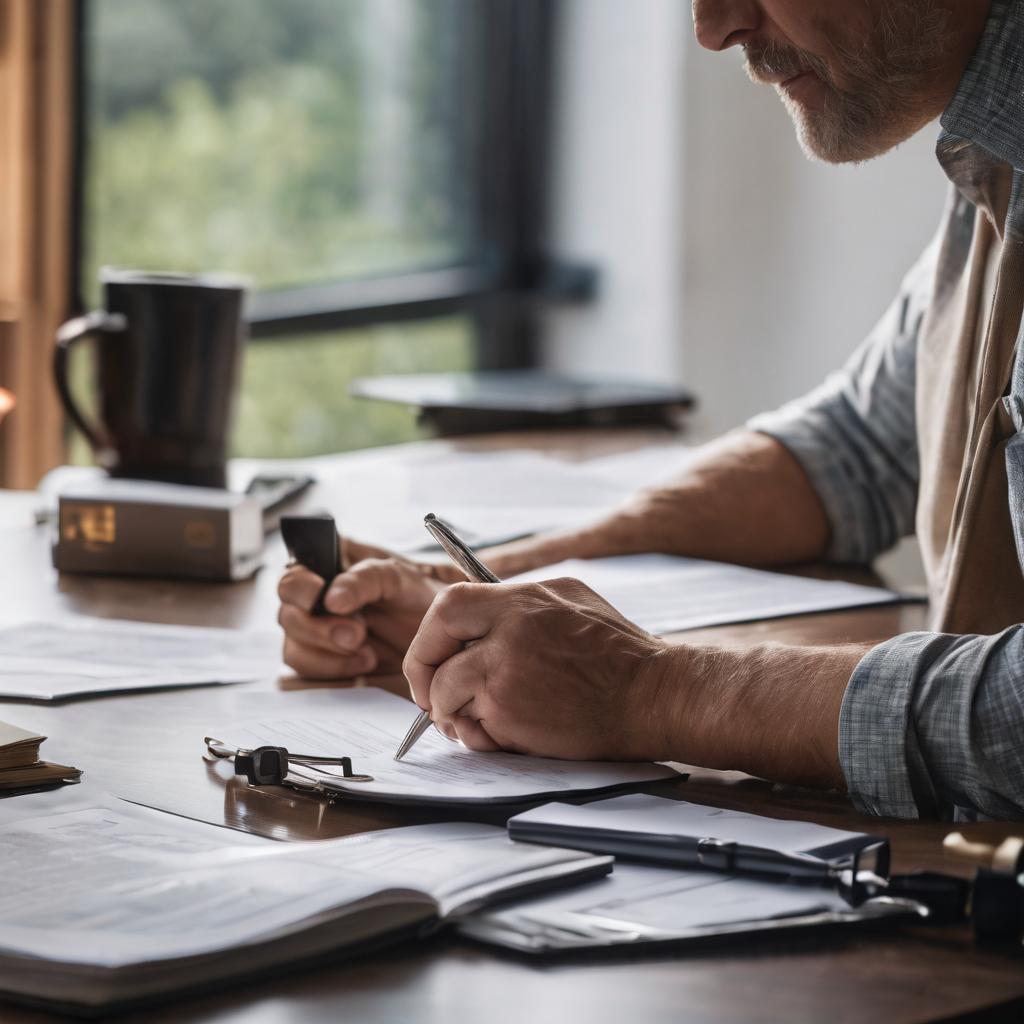What to Do After a Car Accident: A Guide to Navigating Your Auto Insurance

Contents
- 1 Introduction
- 2 Call the police.
- 3 Exchange information with the other driver.
- 4 Write down what happened.
- 5 Get medical attention if needed.
- 6 Contact your insurance company as soon as possible.
- 7 Report the accident to your auto insurance company.
- 8 If you have been in an accident, you need to know what to do right away and how you can get help from your insurance company later on.
- 9 Conclusion
Introduction
It can be scary to be involved in a car accident, whether you’re the driver or a passenger. It’s even more stressful when it turns out that you’re at fault and will have to pay for damages, especially if you don’t have auto insurance coverage. The good news is that there are steps you can take right away and later on down the line (after the dust settles) to make things easier after an accident. If this happens to you, here’s what you’ll want to do:
Call the police.
If you are involved in an accident, call the police. If you’re not sure whether to call the police, contact your insurance company and ask for advice. Don’t talk with other drivers about who is at fault or admit fault–it’s best not to say anything until your insurer has had a chance to investigate the incident and determine who was responsible for it.
Exchange information with the other driver.
The first thing you should do after a car accident is exchange information with the other driver. This includes their name, address and contact information (including phone numbers), license plate number, and insurance information. You should also try to get the names of any witnesses who were at the scene of your accident.
If there were any police officers present at your crash scene they will have taken down all this information themselves during their investigation; however if there weren’t then you should take note of how many people were on hand when it happened so that when filing an official report later on in the process it matches up with what was recorded by law enforcement officials during their initial investigation into your claim
Write down what happened.
- Write down the time, date and location of the accident.
- List all the people involved in the accident (including yourself).
- List any witnesses to your vehicle colliding with another vehicle or object, such as a pedestrian or tree branch. If no one witnessed your accident but there was obvious damage to either car involved (or both), then this may be sufficient proof of its occurrence without anyone else’s testimony being necessary.
- In addition to any property damage sustained by vehicles during an auto accident, make note of any injuries you suffered at any point during its aftermath–even if they weren’t immediately apparent after impact occurred–as well as those sustained by other drivers involved in crashes caused during accidents caused by negligent behavior on behalf of other drivers who were not insured through standard insurance plans offered through major providers such as Allstate Insurance Company or Progressive Insurance Company .
Get medical attention if needed.
If you’re injured, go to the hospital. If you aren’t injured, but someone else is, go to the hospital. It’s important to get checked out–even if it’s just for peace of mind–because not only can these injuries cause long-term physical and mental health issues (and make it harder for your insurance company to pay), but they will also affect how much money they’ll spend on repairs.
If possible, take photos of any damage before leaving the scene of an accident in case there are disputes over who caused what damage later on down the road when filing claims with insurance companies or seeking legal action against another driver who may have been at fault in causing an accident (which we’ll cover more below).
Contact your insurance company as soon as possible.
When you’re in an accident, it’s important to act quickly. Here are some steps you can take:
- Call your insurance company as soon as possible.
- Call the police (if there is any damage to property or bodily injury).
- Call the other driver’s insurance company (if they don’t already have their own).
- Get in touch with a tow truck if necessary and ask them to tow your car away from the scene of impact, if possible–this will reduce risk of further damage during transportation or storage while waiting for repairs
Report the accident to your auto insurance company.
The most important thing you can do after an accident is report it to your insurance company as soon as possible. If you don’t, and they find out later, they may not pay for damages or give you any discounts. You may also have to pay more in premiums as a result of this mistake later on.
If you have been in an accident, you need to know what to do right away and how you can get help from your insurance company later on.
- Call the police if it’s serious. If someone was injured or killed, call 911 immediately. The police will come out and take statements from all parties involved in the accident. They may also ask for photos of damage caused by the collision (or even video), so be ready with any evidence that could help bring justice for those involved in this unfortunate event!
2-3 hours after impact: Call your insurance provider and inform them that there has been an accident with one of their insured drivers or passengers (if applicable). Let them know how many people were involved in total, whether any injuries occurred during this time frame as well as their medical condition at present day
Conclusion
Hopefully you never have to go through the process of reporting an accident to your insurance company. But if you do, it’s important that you know what steps to take and who can help.






